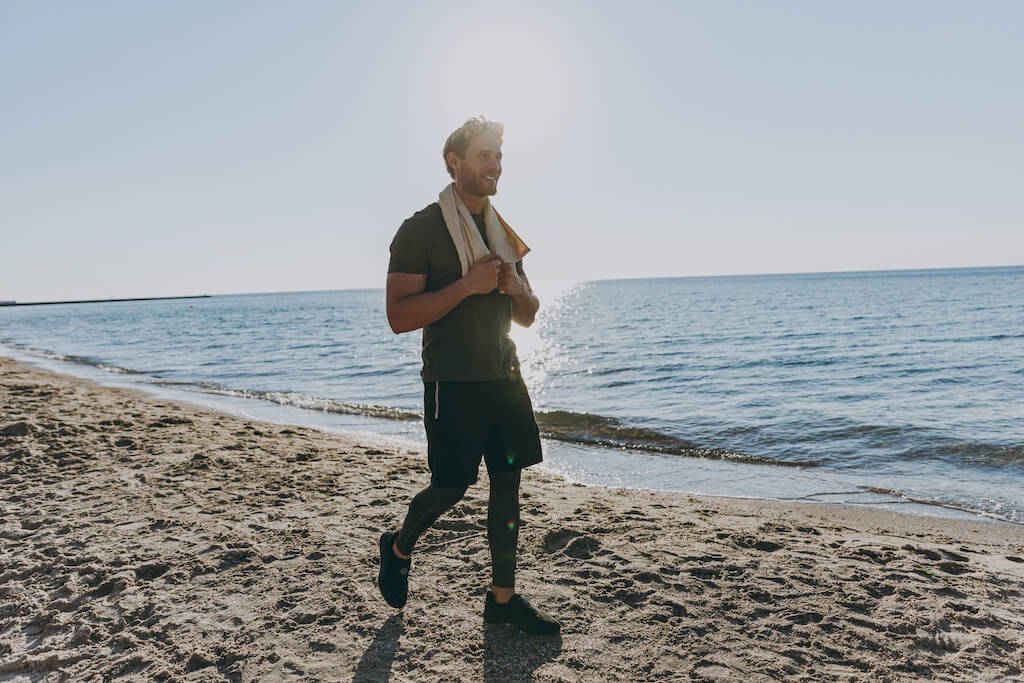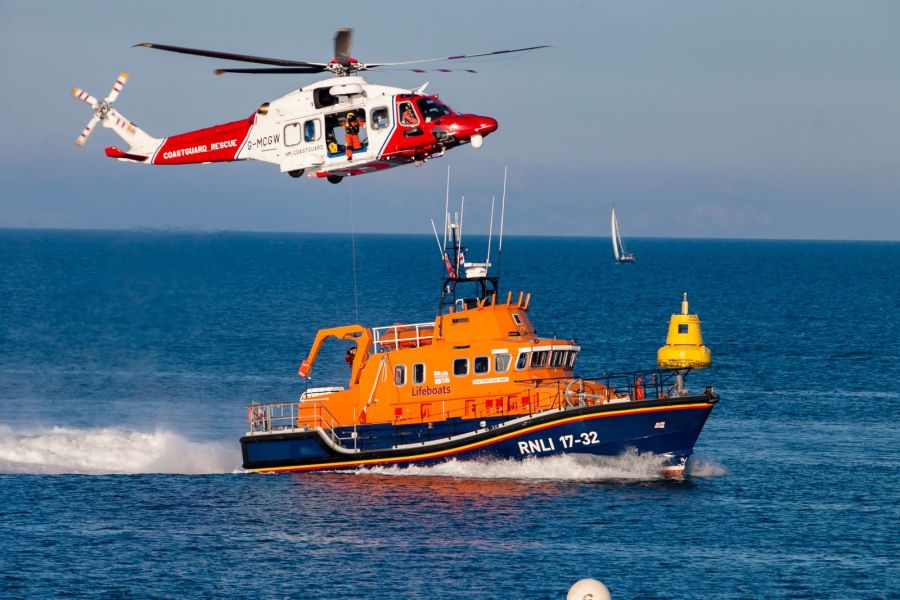A day of fun at the beach can quickly go awry if you end up on the wrong side of nature. HM Coastguard’s ‘Coast Clever’ safety campaign aims to change that.
Most of us love a good day out at the beach, particularly at this time of year. After all, there’s something for everyone; whether you like to bask in the summer sun, swim in the sea, forage for cliffside fossils, or even take your electric bike on a coastal nature trail. However, although the coast can be a great place to have fun and let loose, it also has the potential to bite back if you’re not clued-up on beach safety.
Coastal casualties are a tragic occurrence every year, and cases of people getting into trouble at sea are trending upwards. So, to combat this, HM Coastguard has enlisted YouTube personality, Arthur Hill, to help promote its ‘Coast Clever’ safety film. Scroll down to watch it.
Why is the Coast Clever beach safety campaign needed?
Coastal dramas are often something that we perceive as happening to other people, rather than ourselves. I know I’m guilty of that. However, you don’t have to be downright reckless to get into bother when dealing with forces as powerful as the sea. Instead, a slight misjudgement could be what catches you out.
In 2023, HM Coastguard received 37,500 incident reports – a 12% increase over the past four years. When trying to understand why that may be, the Maritime and Coastguard Agency conducted research which revealed that only 36% of people view the tide as a genuine threat, despite 74% acknowledging that they should avoid high tides. Moreover, 83% of all drownings in UK waters involve men. Not only that, but men are also statistically less likely to call 999 in the event of someone getting into trouble at sea.
With that in mind, HM Coastguard is targeting “lads and dads” with its new Coast Clever safety campaign.

What are the biggest risks at the coast?
When we think of coastal emergencies, we often imagine people falling from boats, or swimmers being swept away by strong waves. But in reality, there are a much wider range of coastal hazards that can lead to drowning or injury.
For instance, of the 37,500 calls that HM Coastguard received last year, 2,000 related to people being cut off by the tide. This may happen if you end up surrounded by parts of the coast which are more susceptible to a high tide, and you misjudge how quickly the sea is coming in. Alternatively, people may become stuck in soft sands or mud as the tide is approaching, or even be blown off course by powerful offshore winds. Then there’s the issue of cliffs – regardless of whether you’re on top of one, or on the coast below it. These notoriously fragile rock structures could give way under your feet, or erode on top of you, at any point if you get too close to the edge or base.
While most of these potential threats may seem unlikely, or perhaps not quite so severe in some cases, you won’t want to make the mistake of allowing yourself to fall victim to them. Otherwise, as Arthur Hill found out, you may have to endure a difficult rescue… and that’s if you’re lucky.
Beach safety tips for your next visit to the coast
So, those are the risks, but what can we do to ensure we don’t end up in a coastal emergency? Well, HM Coastguard has handily put together a checklist of the most important things to remember when having fun at the beach:
- Check the weather forecast and tide times before you set off
- Cliffs can be unstable, so stay clear of cliff edges and bases
- Watch out for mud and if you do get stuck, lean back to spread your weight
- Avoid water sports in an offshore wind, when the wind blows from the land out to sea
- Tell someone where you are going and when you’ll be back
- Take a fully charged mobile phone and consider taking a PLB (personal locator beacon) which alerts the emergency services from the remotest of locations
- In a coastal emergency, call 999 and ask for the Coastguard
Remember that advice and you should have nothing to worry about. Stay safe this summer.







